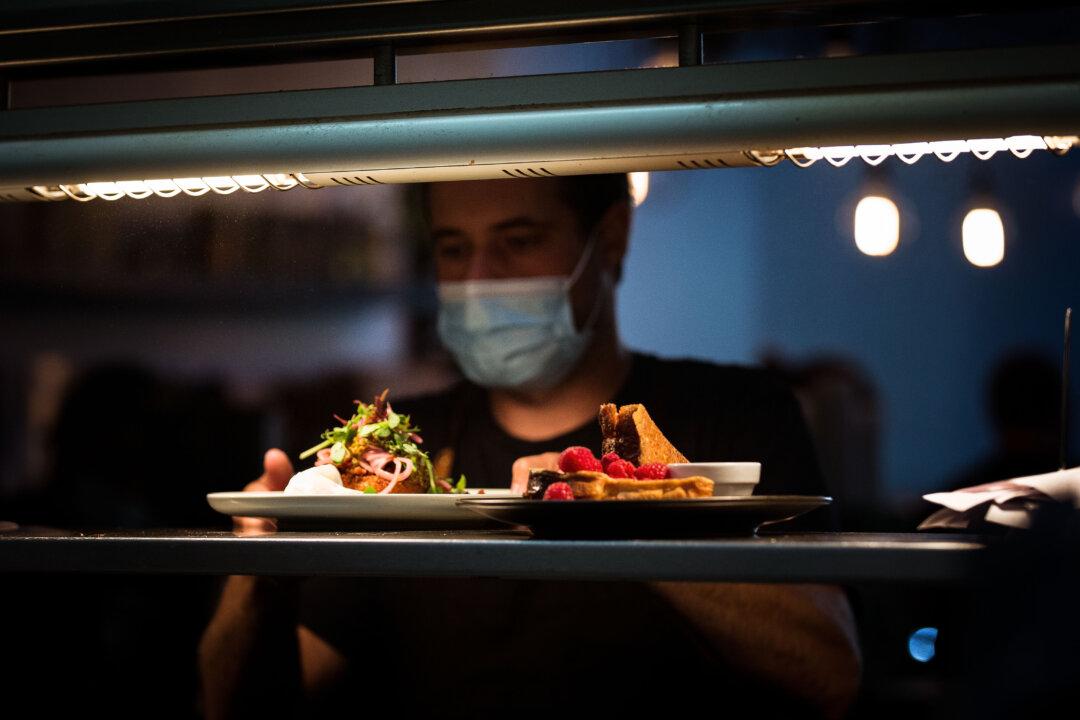A new study has shown that Australians, on average, are working longer but bringing home less money than they were before the COVID-19 pandemic.
In an economic and well-being study, researchers from the Australian National University (ANU) surveyed nearly 3,500 Australian adults and found that financial stress was at its highest level since the COVID-19 outbreak occurred and almost reached the pre-pandemic levels.





